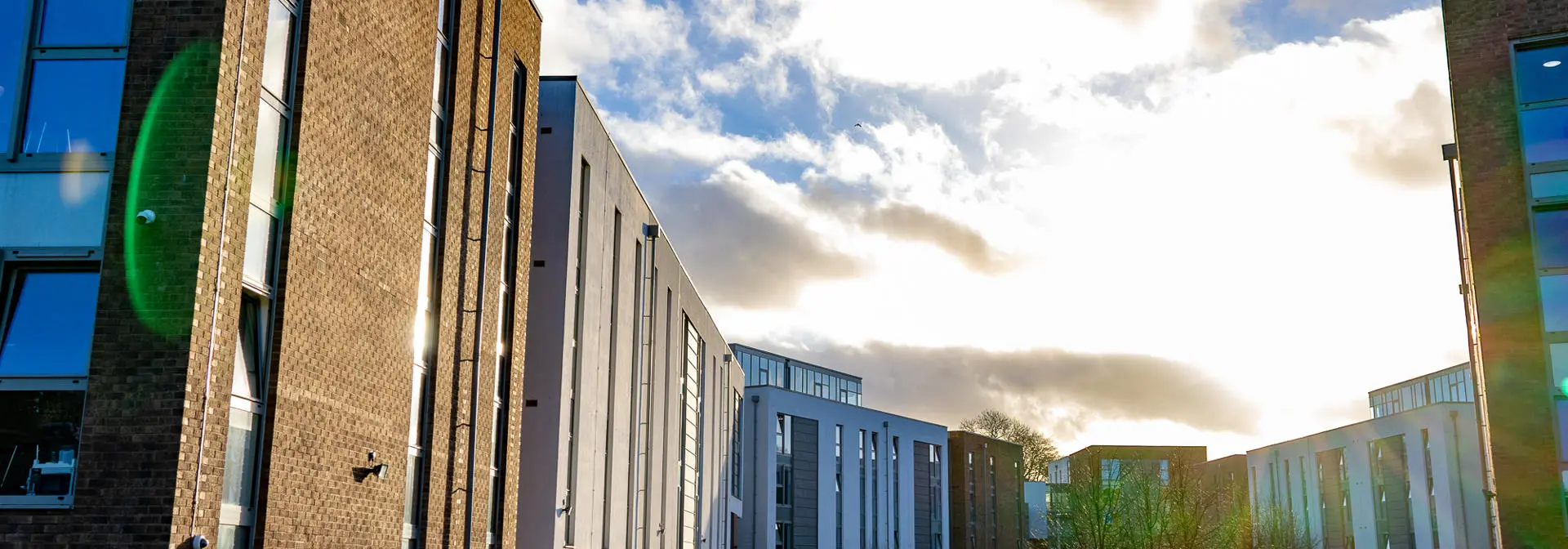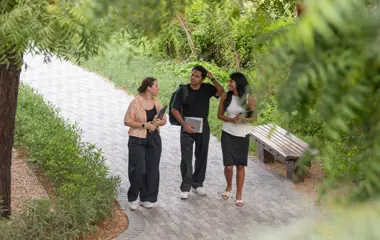Key information
- Funding
- Self-funded
- School
- Energy, Geoscience, Infrastructure and Society
- Location
- Edinburgh
- Award
- PhD
- Delivery type
- Full-time, Part-time
- Start date
- September
This research is offered at PhD level and the programme is PhD Urban Studies.
This theme explores the experiences, needs and perspectives of the most vulnerable and excluded groups in the housing market (such as homeless people, those fleeing domestic violence, new migrants, young people, ex-offenders, people with substance misuse problems, and those at risk of losing their home through anti-social behaviour).
An extensive course of work has focused on ‘street culture' activities, for example, rough sleeping, begging, street drinking, street prostitution, and 'survival' crimes (such as shoplifting). The ethical basis for ‘interventionist' service approaches which seek to change homeless people's lifestyles has been a key research focus, as well as the use of social control mechanisms (such as ASBOs) to 'manage' street populations. A parallel stream of work focuses on the statutory homelessness framework in the UK, and ‘rights-based' approaches to housing and homelessness more broadly across Europe and elsewhere in the developed world. Other topics on which I-SPHERE researchers are playing a key role in international collaborations include homelessness prevention and 'Housing First' approaches to provide help to homeless people with complex needs (such as substance misuse). I-SPHERE researchers have extensive experience of institutional and policy analysis in this field, including international comparative research on approaches to tackling the needs of homeless families, single people, rough sleepers, young people, and migrants. A recent and growing area of interest is the role of faith-based organisations in addressing homelessness and housing need.
These studies of poverty, homelessness and social exclusion have encompassed a range of methodologies including quantitative surveys, focus groups, in-depth interviews and longitudinal techniques. Much of our recent work in this area has been funded by the ESRC and AHRC, but other funders have included the European Commission, DCLG, Scottish Government and a range of leading charities such as the Joseph Rowntree Foundation, Crisis and Centrepoint.
Entry requirements
Candidate criteria
We welcome applications from suitably qualified candidates.
When completing the application form, please select 'PhD Urban Studies'. Please visit our How to apply page.
English language requirements
If your first language is not English, we'll need to see evidence of your English language ability.
The minimum English language requirement for entry to this programme is IELTS 6.5 (or equivalent) with no score lower than 6.0.
If you do not have IELTS 6.5, we offer a range of English language courses to help you meet the English language requirement for this programme prior to commencing your studies.
For more information about your application and our English Language requirements, please see Section 10 of our page on English Language Requirements as part of your application.
Funding information
| Status | Full Time | Part Time |
|---|---|---|
| Scotland | £5,151 | £2,575.50 |
| England / Wales / N Ireland | £5,151 | £2,575.50 |
| International | £20,456 | £10,228 |
- Status: Your residency status is usually defined as the country where you have been ordinarily resident for the three years before the start of your course.
- International: 'International' includes applicants from European Union countries who do not hold Pre-Settled or Settled status in UK. (This does not include students from the Republic of Ireland - see above).
We offer a number of competitive funded scholarships for research degrees. Full or partial support may be available for well-qualified candidates from UK research councils, research pools, charities or industry.
View our full range of scholarships.
Why Heriot-Watt
We're the top university in Scotland for graduate outcomes which means that more of our graduates are employed or in postgraduate education than any other institution in the country and we ranked 5th in the UK.
We're also rated number one in the UK for CEO or MD roles, meaning more of our graduates go on to become CEOs or MDs than any other university in the whole of the UK. On top of that, we have beautiful campuses, across the globe, so you'll get a truly international education. Our Edinburgh Campus is home to Oriam, Scotland's National Sports Performance Centre combined with plenty of wellbeing resources, prioritising fitness and mental health for all students. Our Global Research Institutes look at solving real world issues such as climate change and saving our oceans as well as working on the next medical technological breakthrough and the future of AI and robots.
Related content
Explore facilities, & chat to staff and students





